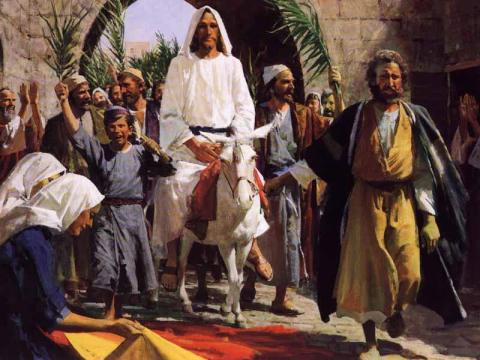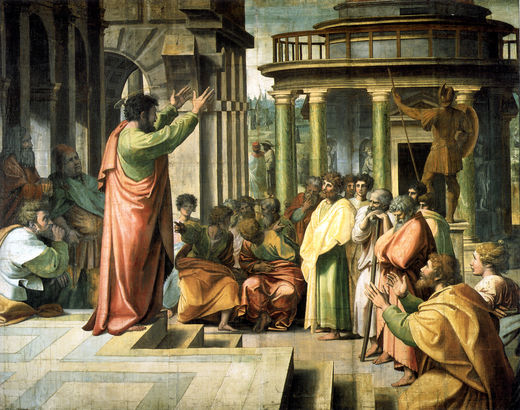
God sent a man, John the Baptist, to tell about the light so that everyone might believe because of his testimony.
John 1:6-7 NLT
John the Baptist was an in-between man. He ministered in between the Old and New Covenants. John preached in between the fulfillment of messianic prophecy and its immediate fulfillment in Christ. John was like an Old Testament prophet in dress, speech, and food, but he pointed to the Lamb of God, the world’s savior. John desired no personal recognition or acclamation.
Like an Old Testament prophet, he prepared national Israel for the coming of the Lord, yet he called individual Israelites to change their hearts and repent. John’s ministry was in-between ages, covenants, and promises. John’s life was in between the Law and the Gospel. John was an Advent prophet living in anticipation of Christ’s first coming.
We, too, are in-between people: we wait for the Kingdom of God to appear visibly while living internally under its sway. Like John the Baptist, we are called to preach to others to repentance as we point them to Christ, the sin-bearer. In anticipation, we yearn to see Christ face-to-face at his second coming while living by faith after his first appearance. We live in between the first and second comings, the manger and the Parousia. Like John, we are Advent prophets responsible for calling the lost to repentance and pointing them to the coming King, the world’s redeemer.
John appears in the wilderness as a man dedicated to God. First of all he preaches repentance, purification, and the gathering together of the people for the coming of God. In a sense this proclamation summaries the whole of prophecy at the very moment when history is reaching its goal. His mission is to open the door for God, so that Israel is ready to welcome him and to prepare for his hour in history. The important things are first his call to repentance, which continues what all the prophets have said, and second his witness to Christ, which again makes prophecy concrete in the image of the lamb, which is the Lamb of God.
Pope Benedict XVI, Benedictus (Yonkers, NY: Magnificat, 2006), 373.






